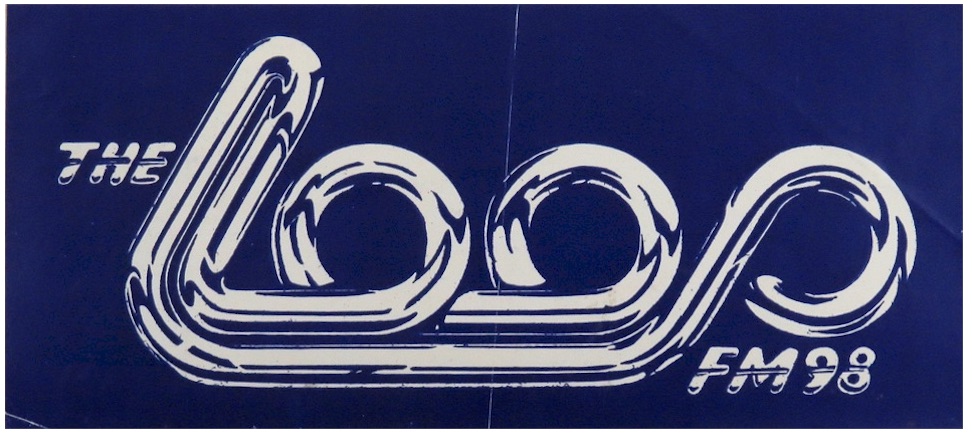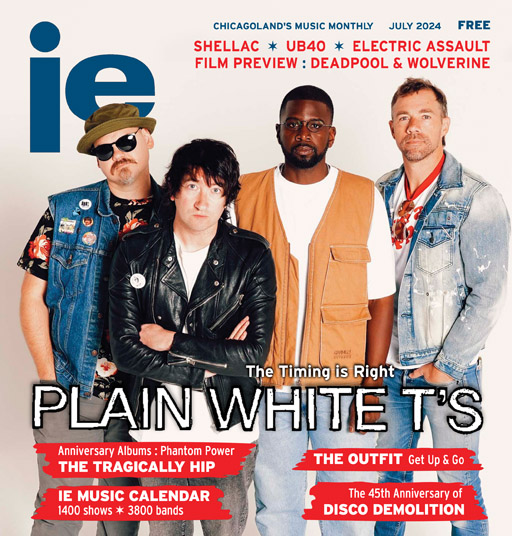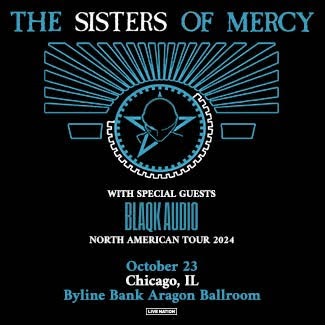Media • February 2024 • Remembering the Early Loop
One of the great advantages of writing an oral history like I recently wrote about WLUP Radio (The Loop Files) is the opportunity to hear the stories right from the horse’s mouth. I interviewed over a hundred of those horses (Loop employees). Since the book came out a few months ago, I’ve heard from even more.
For instance, a few weeks ago I heard from Terry Chess. He was the first general manager of the Loop, the son of station owner Phil Chess. Yes, the same Phil Chess who founded Chess Records with his brother Leonard. Terry wasn’t too involved in the record part of the family business, but he remembered it well.
“I did see a lot of iconic sessions there, including the Rolling Stones. I brought a couple of friends down with me. We were in high school at the time. I recall posing for a photo with Bill Wyman. And I gotta tell you, the three of us, we could barely stand next to this guy. I don’t think he’d taken a bath in a year. I couldn’t wait to get to get away from him.”
Terry pursued the radio part of the family business. “There was a guy named Burt Burdeen, who was program director at WSDM (which is what the Loop was called before they changed call letters to WLUP). And when I started there, as an intern, Burt taught me anything I needed to know to just get going in the business. I was twenty-one at the time. And I did that for about a year and a half. That was when my uncle (Leonard Chess) said, you’re going to be the general manager now. Which was a big mistake. I had no experience other than what I’d seen at the station, so I floundered for the first two years. We were also so poorly budgeted and given no leeway to hire professional people, whether it was DJs, or whatever. After a while I said, I can’t keep doing it this way. I spoke with my father and asked him to give me one year, and a decent budget. If, at the end of a year, the station was floundering, I told him to sell it.”
Terry also had additional insight into the man who turned WSDM into The Loop in 1977. “I conducted a three-month nationwide search which included interviewing individuals and syndicated programmers. I found Jay Blackburn (the first Loop program director) on a recommendation from Claude Hall at Billboard Magazine. He was programming a station in the Virgin Islands. I flew him to Chicago and hired him on the spot. I envisioned turning it into a soft rock station. Jay Blackburn changed my mind. He said, “No, you should go a little bit harder.” I had nothing to lose at that point. I was lucky. Jay was a was a programming genius. If you remember WKRP in Cincinnati, Jay was a little bit more of a devious version of Andy Travis. I remember meeting with Jay, maybe just a couple of months after we started the Loop. He came in really down in the dumps because we didn’t get very good ratings. I said, ‘Jay the thing’s been on barely two months.’ When the next book came out, boom, we had exploded.”
Less than two years later, the Chess family sold the Loop. Terry says the portrayal of that sale in the book is slightly different than his own memory. “In the book Tom O’Toole said I called a staff meeting to say there’s rumors going around that the station is going to be sold, but don’t worry, it’s not true. And then two days later called another meeting to say we were selling. I don’t think it happened quite that way. When I heard the sale rumors I just thought, I don’t want staff coming to work everyday thinking, Am I going to be fired today? That’s why I called a meeting and said, ‘I want you guys to know, as far as I’m concerned, nothing’s gonna change, even if we do eventually sell. We’ll do everything in our power to keep the staff unchanged.’”
Although he does remember it happened quickly. “My father approached me and said there was big-dollar interest in the station, but I had no intention of selling. In two years, we’d gone from the depths of WSDM to become a major player in Chicago radio. But then, the more I thought about it, it seemed the best option. We were beating our network competitors, but as an independent, family-owned company, we didn’t have deep enough pockets to compete for the long term.”
The end of the family ownership of the Loop was also the end of Terry’s radio career. “My father found a station in Honolulu. He wanted me to go out there, but for some strange reason, I said no. Then he found another station in Kansas City, and asked if I was interested in going there. Again, I said, no. I didn’t want to leave Chicago. I have no regrets. If I had moved to Hawaii or Kansas City, I would have never met my wife, I would have never had my child. So, you know, things turned out okay for me, and the Loop. I was proud to be there at the start of something that lasted 40 years.”
-Rick Kaempfer











